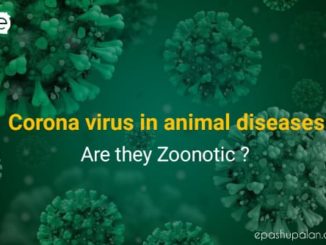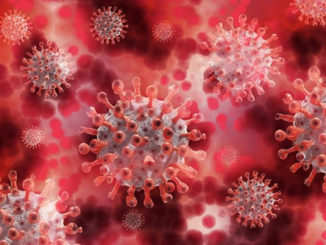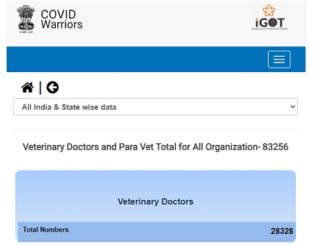In the framework of the COVID-19 pandemic, the World Organisation for Animal Health (OIE) and the World Veterinary Association (WVA) jointly draw attention to the roles and responsibilities of the veterinary profession for public health. They highlight the specific veterinary activities which are key to ensure a continuum in food safety, disease prevention and emergency management.
To effectively tackle the challenges posed by the COVID-19 pandemic, many governments around the world have taken restrictive measures to close non-essential businesses. These decisions raise questions regarding potential adaptations that need to be implemented by the veterinary profession.
In this context, the World Organisation for Animal Health (OIE) and the World Veterinary Association (WVA) advocate for the specific activities of Veterinary Services to be considered as essential businesses.
Maintaining the activities that are crucial to public health
Veterinarians are an integral part of the global health community. Beyond the activities linked to the health and welfare of animals, they have a key role in disease prevention and management, including those transmissible to humans, and to ensure food safety for the populations.
In the current situation, it is crucial that, amongst their numerous activities, they can sustain those necessary to ensure that:
- national and regional veterinary regulatory and inspection services can oversee the integrity of public health
- only healthy animals and their by-products enter the food supply to guarantee food safety for the populations,
- emergency situations can be addressed,
- preventative measures, such as vaccination against diseases with a significant public health or economic impact, are maintained.
- priority research activities continue.
Supporting veterinary activities in the current context
When conducting their work, veterinarians have the responsibility to safeguard their health, the health of those they work with, and their clients’ health. Hence, they must ensure that appropriate levels of biosecurity are implemented, that their personnel are protected with the necessary equipment, and that animal owners are informed of precautionary measures in place. It is the responsibility of each individual to ensure that appropriate behaviours are respected in the framework of these activities, to avoid further spread of COVID-19.






Be the first to comment